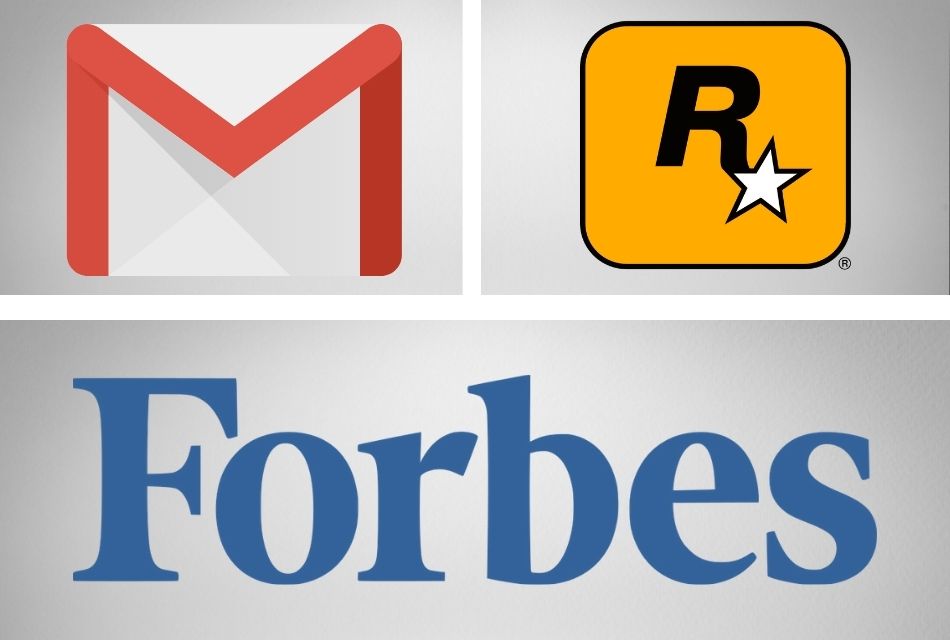I am sure that if you want to hire us – or thinking about it – you want to know a few things. You will ask tons of questions. One of them will be:
What technologies do we work with?
And we are happy to oblige! However, this topic is broad enough to cover a few articles, so we will prepare two separate texts. One (that one to be precise) about the frameworks we work with.
So let’s start!
Laravel – PHP framework
Laravel is an open source free software. It is used to build web applications. It is based on an architectural template called Model-View-Controller. Laravel became one of the most popular frameworks in only two years since its release.
All of Laravel features are good choices for all kinds of web application development – suitable from small to large companies. It also provides lots of built-in functionalities that allow developers to work with ease.
Another advantage of Laravel is:
Great community
There are dozens of sites when you can reach out for help, learn something new or to talk with other users of this framework.
It is worth checking Laracast. Here you can read about Laravel and other frameworks (e.g. React, Symfony, Vue), testing or techniques used in programming.
If you want to learn more about Laravel and meet other enthusiasts, check out the Laracon. They advertise themselves as “The largest Laravel event of the year, streamed directly to you”. Here are a few topics that were touched on in the latest edition:
- A practical look at multitenancy in Laravel
- Supercharging Laravel apps with machine learning
- All The Cool New Things In Livewire & Alpin
- The Laravel developer’s guide to Vue SPAs – part 2
You can also check previous years talks.
If you are curious what can be build thanks to Laravel, check this sites:

Angular – JavaScript framework
Same as Laravel, Angular is an open-source software. Angular is used for web application development, suitable for both for individuals and big establishments.
Google constantly upgrades and develops Angular. The newest version, Angular v.9, was released in February 2020. It uses a new compiler Ivy which speeds up the compilation process and improves component testing.
“… we’re excited for all of the ways it (Angular Ivy) empowers developers to build better applications and contribute to the Angular ecosystem.”
Stephen Fluin, Developer Advocate for Angular at Google.
Angular is a framework that can be used on many platforms and on various projects:
- web pages – with interactivity elements,
- web applications – with access to outside servers and databases, as well as PWA – progressive web apps,
- mobile applications – thanks to additional libraries, such as Cordova – apps can be written completely native, both on Android and iOS,
- desktop applications – applications that can be applied to operating systems functions and local devices.
Popular applications and websites built on Angular:

Node.js – JavaScript framework
It is an open-source, cross-platform, JavaScript runtime environment for back-end development. It executes JavaScript code outside of a web browser. Thanks to Node.js it is possible to create a data access layer – which is invisible to the users, but it is responsible for the functionality behind the website.
Node.js allows to build a various type of projects, such as:
- the server-side of a website,
- online store,
- marketplace,
- API for web and mobile apps,
- advanced back-end functionality for an existing software.
Node.js contributed to the birth of the “JavaScript everywhere” paradigm, which made creating applications with one language (instead of multiple languages on the server-side) much easier.
Popular applications and websites built on Angular:
